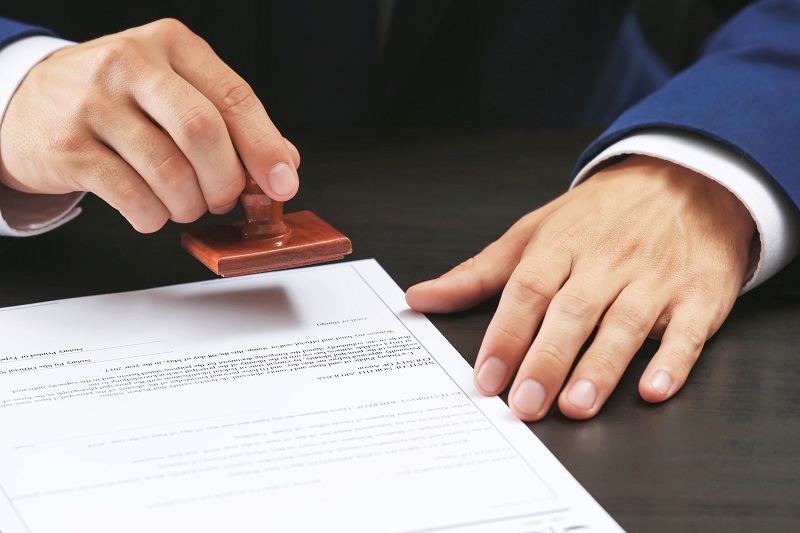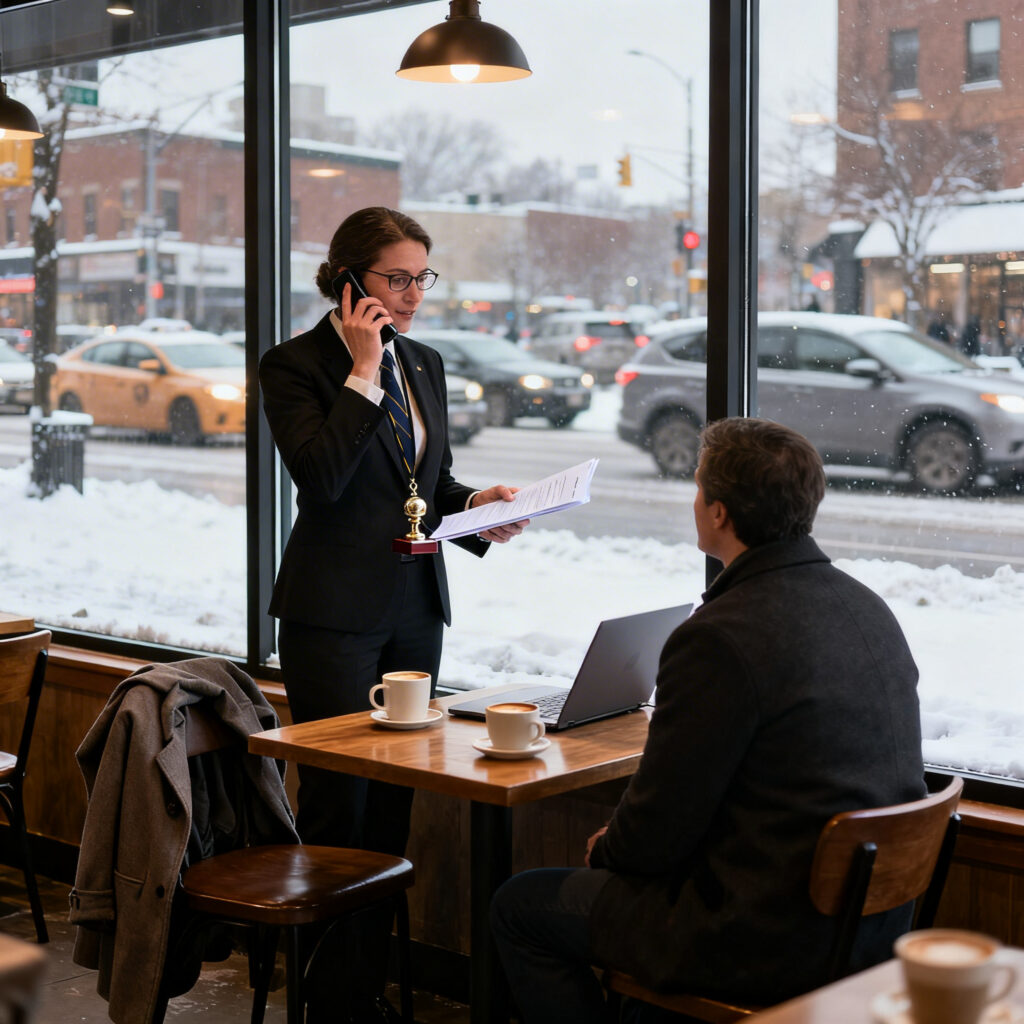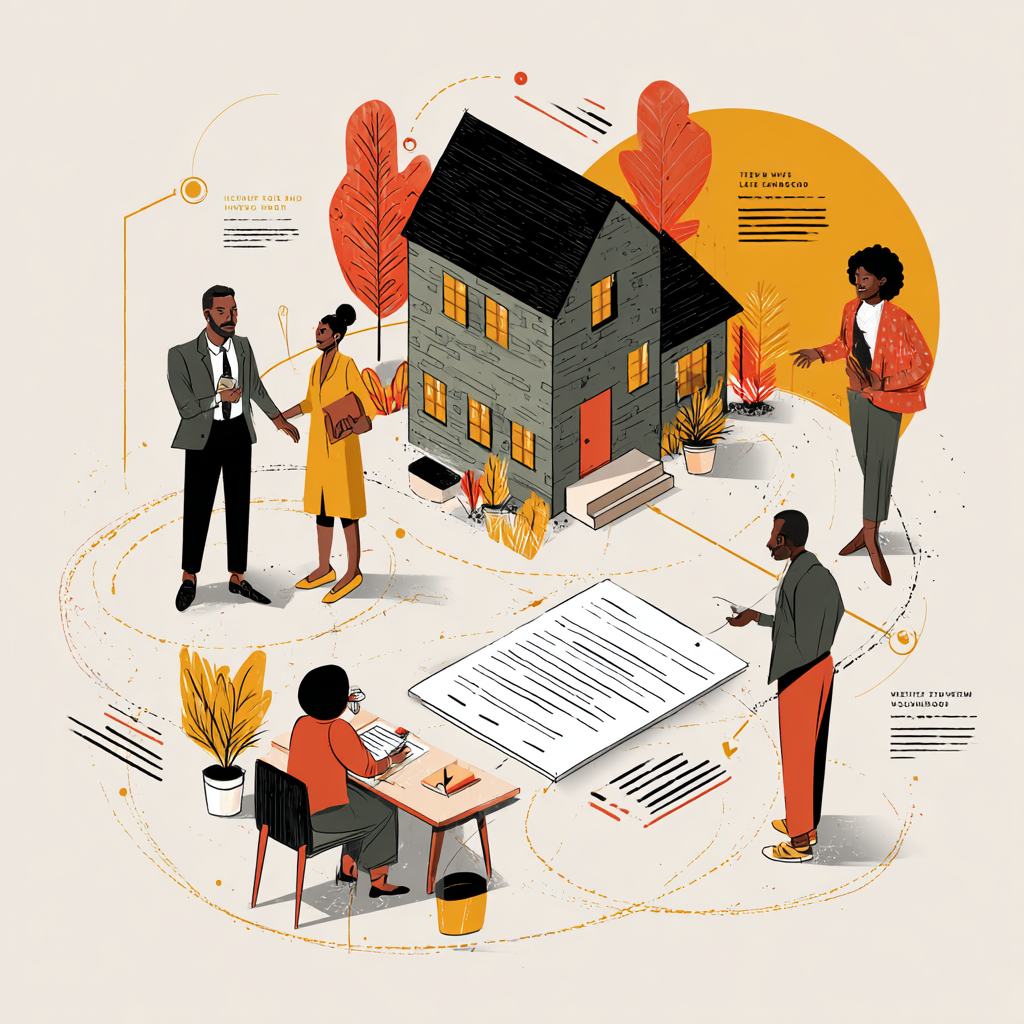Adoption is one of the most emotional and legally significant journeys a family can embark on. That said, given the fact that it intertwines complex legal procedures with deeply personal decisions, each step must be handled with precision. Along the process, for example, is understanding how to notarize adoption papers: a foundational step to ensure the legal validity of the adoption.
Whether you’re an adoptive parent, a birth parent, or a legal guardian involved in the process, making use of such a resource can protect your rights and prevent delays. From the initial forms to the final decree, every signature must be verified, witnessed, and sometimes even reaffirmed under oath.
In this article, we will walk you through everything you need to know about notarizing adoption papers, why it’s necessary, what role a notary plays, and how to make sure this step goes smoothly.
What is a notary, and what do they do?
First of all, it is important to understand what a notary public actually does for adoption matters and any other kind of document you may be dealing with.
In short, a notary is an official appointed by the state to act as an impartial witness during the signing of important documents. Their role is to deter fraud by verifying the identity of the signers, confirming their willingness to sign, and ensuring that they are fully aware of the contents of the document.
The process typically includes checking valid government-issued IDs, watching the individual sign the documents in person, and then applying a notarial seal or stamp along with a signature and a journal entry. In many states, notaries are required to maintain a record of all notarizations, which adds another layer of accountability.
In the context of adoption, the notary’s job is especially crucial. Since adoption papers often include affidavits, consents, or waivers, having these documents properly notarized guarantees they will be accepted by the court. This verification can help speed up court approval and avoid costly legal disputes.

Why does notarization matter in adoption cases?
Simply put, because adoption involves transferring legal rights and responsibilities from one party to another. These rights may include custody, inheritance, medical decisions, and much more. Because of the gravity of these changes, the court needs to be absolutely certain that every signature is legitimate.
Notarization provides that layer of assurance – a properly notarized adoption document tells the court that each party involved signed willingly and with full understanding. This is particularly important in cases where the biological parent is relinquishing rights. The notarization helps prove that no coercion was involved.
Moreover, many adoption documents are considered affidavits, meaning they include sworn statements. These must be notarized to be legally valid. Without proper notarization, an adoption file could be rejected, causing delays that affect everyone involved.
Read also: A checklist of all the paperwork needed for refinance
How to notarize adoption papers, step by step
The process of notarizing adoption papers begins with preparation.
First, all parties must gather the appropriate documents. This may include the consent to adopt, relinquishment of parental rights, and any affidavits required by the state – documents that must be completed but unsigned prior to the notarization appointment.
Once the documents are ready, the next step is to schedule an appointment with a certified notary public. It’s crucial that all signers appear in person and bring valid identification, such as a state-issued driver’s license or passport. The notary will inspect the IDs, ask a few questions to assess willingness and comprehension, and then watch the documents being signed.
After the signatures are in place, the notary will complete the notarial certificate section, affix their stamp, and, if required by state law, record the notarization in their journal. The entire process usually takes only a few minutes, but it must be done without any shortcuts. Remote online notarization may also be available in certain jurisdictions, adding flexibility for those who cannot be present physically.
A quick summary of the process for you
- Gather all required adoption documents and leave them unsigned.
- Schedule a meeting with a certified notary public.
- Ensure all parties bring valid government-issued identification.
- Sign documents in the presence of the notary.
- The notary verifies identities, witnesses the signing, and applies the notarial seal.
- A journal entry is made if required by law.
- Notarized documents are ready to be submitted to the court.

Can you do the adoption process without a notary?
It might be tempting to ask whether you can complete the adoption process without involving a notary, especially in an age of digital forms and remote services. However, in most cases, the answer is no. Notarization is not just a formality; it is often a legal requirement imposed by state courts to ensure the authenticity of the documents submitted.
When adoption paperwork includes sworn statements, affidavits, or consent forms, these must typically be notarized to be accepted. Courts rely on notarization as proof that all parties were present, understood what they were signing, and did so voluntarily. Without this assurance, the risk of legal disputes or claims of coercion increases significantly.
Some states may allow certain steps in the adoption process to be completed without a notary under very specific circumstances, such as when documents are signed directly in court in front of a judge. Even in those cases, the need for notarization often reappears later in the process, especially if the adoption involves interstate or international laws.
Skipping notarization can lead to delays or even the dismissal of the adoption case. For something as critical as building a legal family, it is worth taking every precaution.
Where to get adoption papers notarized
Once you are ready and know how to notarize adoption papers, the next step is finding a qualified notary. You can go to a bank, courthouse, or law office, but these locations often require appointments and may have limited hours.
For a more convenient option, many families choose mobile notary services. These notaries travel to your location, whether that’s a home, office, hospital, or even a coffee shop. In a process as sensitive as adoption, the flexibility and privacy of a mobile notary can be a huge advantage.

At Mobile Notary Orlando, we understand the emotional and legal complexity of adoption. Our notaries are trained to handle these documents with professionalism, discretion, and accuracy. And better yet: we come to you at a time and place that fits your needs, ensuring that every step of your adoption is legally sound and stress-free.
Therefore, if you’re preparing to adopt and want to make sure every document is perfectly in order, our team is here to help. We specialize in handling sensitive legal paperwork with the utmost care and confidentiality – let us take the guesswork out of notarization so you can focus on what really matters: building your family.






